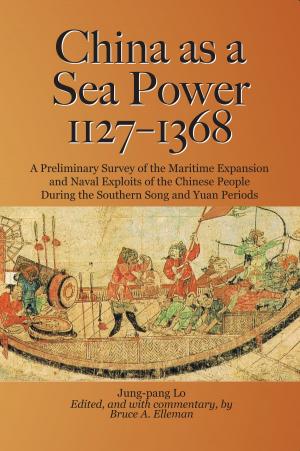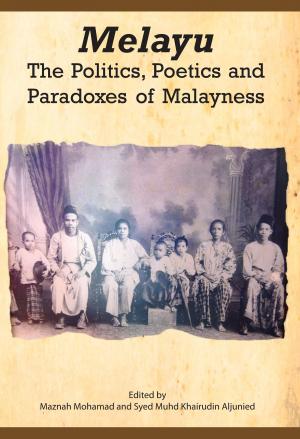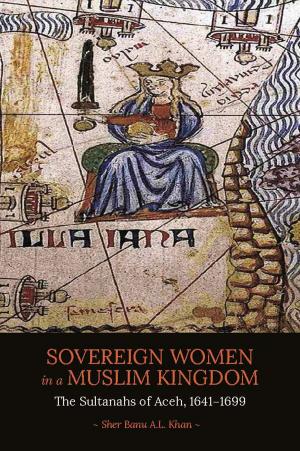The End of Innocence?
Indonesian Islam and the Temptations of Radicalism
Nonfiction, Social & Cultural Studies, Social Science, Sociology, Marriage & Family, Political Science| Author: | Andrée Feillard, Rémy Madinier | ISBN: | 9789971697051 |
| Publisher: | NUS Press | Publication: | October 2, 2013 |
| Imprint: | Ridge Books | Language: | English |
| Author: | Andrée Feillard, Rémy Madinier |
| ISBN: | 9789971697051 |
| Publisher: | NUS Press |
| Publication: | October 2, 2013 |
| Imprint: | Ridge Books |
| Language: | English |
Long cited as a model of harmonious cohabitation between different religions, the most populous Muslim country in the world until recently occupied a special place in the Western imagination. Indonesia, home to a peaceful version of Islam, offered a reassuring counter-model to a rowdy and accusatory Arab Islam. Since 1999, however, confrontations between Christians and Muslims in the Moluccas, excesses of vigilantism in Sulawesi, and espcially the Bali and Jakarta bombings have shattered these simplistic stereotypes. For many terrorism experts - often self-proclaimed - Indonesia's mutation confirmed the hackneyed thesis that equated obscurantism with Islam, and saw violent outbreaks as an inevitable consequence.
Long cited as a model of harmonious cohabitation between different religions, the most populous Muslim country in the world until recently occupied a special place in the Western imagination. Indonesia, home to a peaceful version of Islam, offered a reassuring counter-model to a rowdy and accusatory Arab Islam. Since 1999, however, confrontations between Christians and Muslims in the Moluccas, excesses of vigilantism in Sulawesi, and espcially the Bali and Jakarta bombings have shattered these simplistic stereotypes. For many terrorism experts - often self-proclaimed - Indonesia's mutation confirmed the hackneyed thesis that equated obscurantism with Islam, and saw violent outbreaks as an inevitable consequence.















